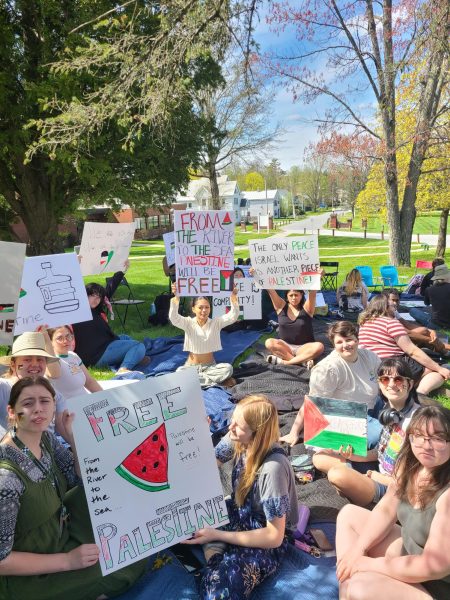Capitol Connection
If someone said to a child, “I am going to make your Mom and Dad pay more for their health insurance and that will mean you will be poorer,” most of us would find it insulting to say the least. Well, while that is not the message being delivered by the majority in Congress and President Trump, that is in effect what will happen if the “repeal and replace” team in Washington is successful. Make no doubt about it, families will have less money to spend if President Trump has his way. The current federal subsidies, which average $477 per month for Vermonters insured through the Affordable Care Act ,will drop as the subsidy is changed from one determined by your income to one determined by your age.
In fact, not only will most ordinary Americans and Vermonters have to pay more for their insurance, but the very rich will take home millions more with massive tax breaks.
Yes, while on the one hand Vermonters of modest means will be asked to get by with less, the wealthiest among us will be given more. How much? Estimates are $15.9 billion annually.
Those who make more than a million dollars a year will receive a reduction in investment taxes of 3.8 percent.
In just three years it is estimated that millionaires would receive on average $197,000 per year. Those making more than $200,000 a year will enjoy a reduction of .9 percent in their Medicare tax they have had to pay since 2010 to help cover the cost of insurance for others who could not afford it.
While the wealthy are getting those tax breaks, here is what would be happening to ordinary working people: a 27-year-old making $20,000 a year would have to pay $1250 more annually for their insurance. A 60-year-old making the same money would have to pay an extra $5900 for their insurance each year.
It has been said before that “the test of our progress is not whether we add more to the abundance of those who have much; it is whether we provide enough for those who have too little”. It seems this proposal and the new way of thinking in Washington care little about those with less.
When we take from those with little and ask them to make do with less, while giving more to those with much, we are all diminished, we are all shamed.
This reverse Robin Hood approach by the President is not the only perverse aspect of this legislation.
It would break the 50-year relationship between the states and Washington regarding the safety net for the poor and disabled, which has always been a shared responsibility.
States paid some of the cost and the federal government paid the rest. Under the proposal states would receive a block grant for Medicaid and have to manage those funds regardless how many people were poor or disabled needing care. Nursing home benefits, which are mandatory services under Medicaid, would become optional. Each state would decide what services they wanted to offer. Wealthy states with oil reserves for instance would be far more likely to offer full packages of care than other states. The distinction between the “have’s and the have nots” would be cemented into law.
The impact of this legislation on Vermont will be very harsh. The Vermont Agency of Human Services estimates this legislation would reduce federal funding for Vermont by $200,000 million each year.
The Legislature was not in session this week,and I had planned to take a break from my weekly reporting, but when this story unfolded, taking a break seemed like the last thing to do.



